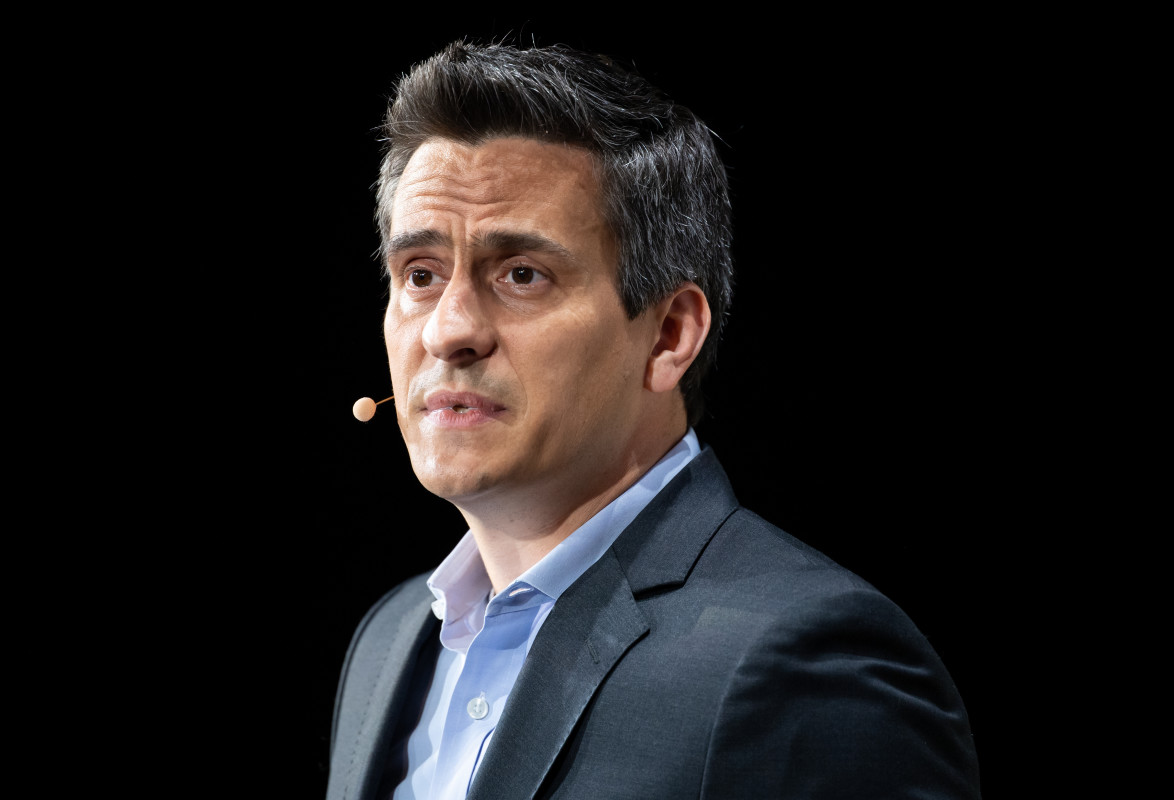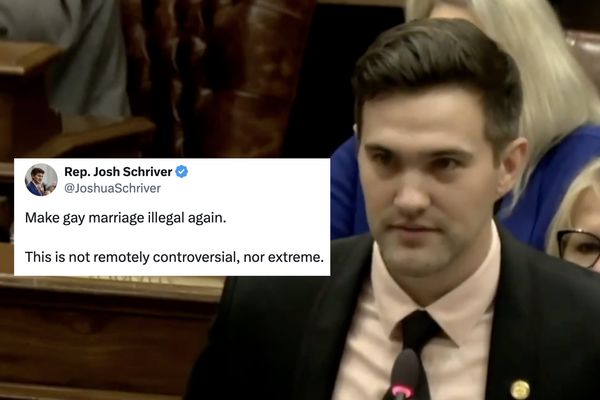
It's a tricky time to be in the entertainment business.
The industry is currently fraught with landmines as the ongoing Writers Guild of America (WGA) strike escalates tensions about pay, unfair treatment, and residuals from the streaming market.
DON'T MISS: 'Monday Night Football' just crushed ratings, but the system may be broken
The strike, which has been ongoing since the beginning of May 2023, has essentially lit a match in an oxygen-filled room. Over 11,500 screenwriters remain in a heated battle with the Alliance of Motion Picture and Television Producers (AMPTP) and zero concessions have been made to create a step in the right direction.
Emotions are running high with a cohort that already has a flair for the dramatic; just this week Bill Maher caught heat for positing on X, formerly Twitter, that there are other problems in the world beside underpaid writers.
"Real Time is coming back," Maher wrote on Wednesday, "The writers have important issues that I sympathize with, and hope they are addressed to their satisfaction, but they are not the only people with issues, problems, and concerns."
Real Time is coming back, unfortunately, sans writers or writing. It has been five months, and it is time to bring people back to work. The writers have important issues that I sympathize with, and hope they are addressed to their satisfaction, but they are not the only people…
— Bill Maher (@billmaher) September 14, 2023
Maher's not the only one scabbing, as it's known in the union world. Talk show host Drew Barrymore made similar moves on Monday.
"I am also making the choice to come back for the first time in this strike for our show, that may have my name on it but this is bigger than just me," she wrote on Instagram.
View the original article to see embedded media.
Talk show hosts may be amply fed up, but they don't seem to be as furious as streaming executives, some of whom are getting pretty tired of fighting against a current of populist uprisings.
It's against this backdrop that Warner Bros (DISCA) -) CFO Gunnar Wiedenfels told the Bank of America Securities Media, Communications & Entertainment Conference that it's high time subscribers start paying more for their services.
Warner Bros CFO is frustrated with costs
“For a decade, in streaming, an enormously valuable amount of quality content has been given away well below fair market value, and I think that’s in the process of being corrected,” Wiedenfels said on Thursday. “We’ve seen price increases across essentially the entire competitive set. We’ve increased prices, especially internationally, where a lot of the HBO Max launches were very, very much targeted at the maximum possible subscriber number, not necessarily the maximum possible economics from the launch.”
It appears Wiedenfels is saying the service might need to up its cost in order to create more up front cash flow so it can fund further projects -- which in turn bolsters the bottom line. Low prices, in other words, are the lead balloon weighing down possible content and subscriber stagnation. In Q2, Warner Bros Discovery disclosed it lost 1.8 million subscribers between April 1 and June 30 2023.
“To really get the best value out of every bit of content that we’re creating, we need to utilize all of those cash registers, all of those windows, and we need to do that in a well-orchestrated and optimized way. And that begins with the content investment process," he added.
According to The Hollywood Reporter, Wiedenfels may be suggesting that subscription models may need to shift from monthly to annually, in order to keep its numbers sticky.
"The executive also said the company is trying to use streaming pricing to reduce churn and push more consumers to commit to annual rather than monthly subscriptions, which helps the financial performance of WBD’s streaming business. He also highlighted upside provided by growth in advertising-based service tiers," the outlet reported.
Warner Bros owns HBO and Discovery+, which were combined in April 2023 to create the Max subscription service. It launched in late May.







